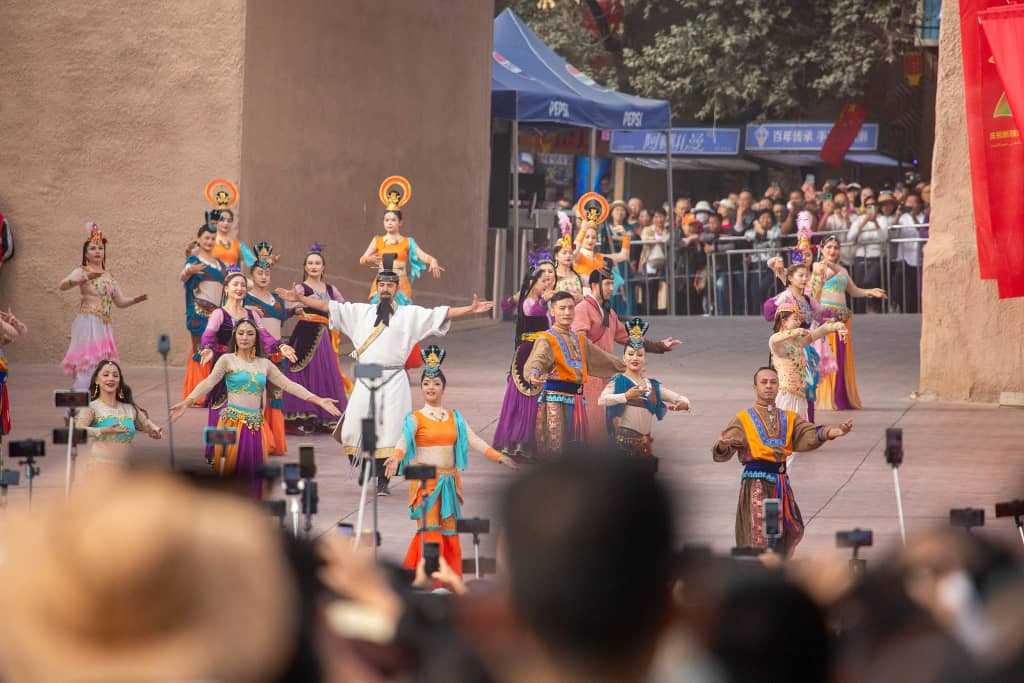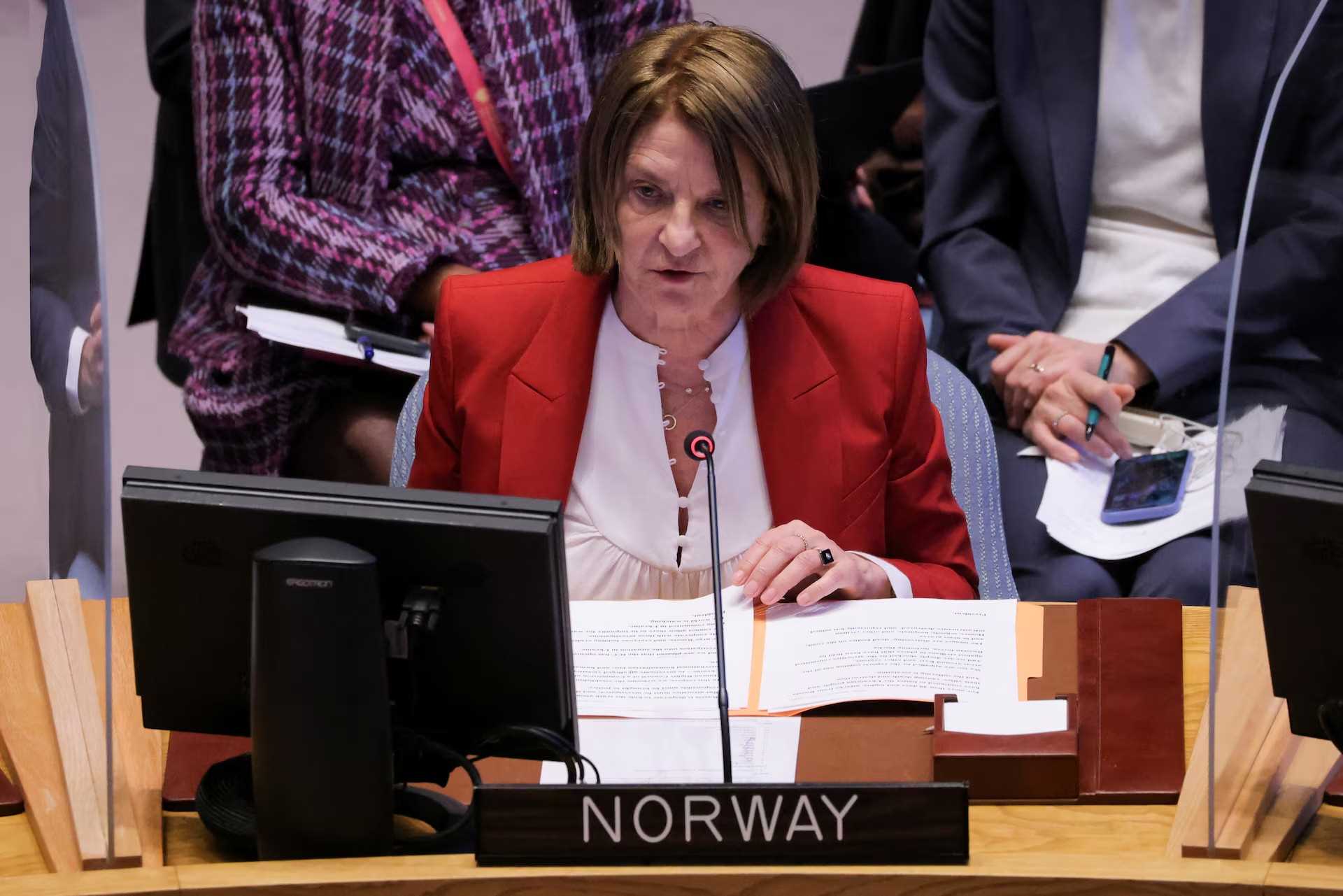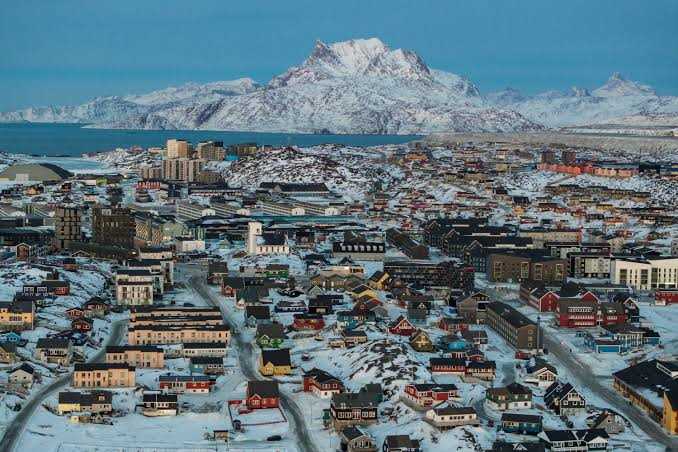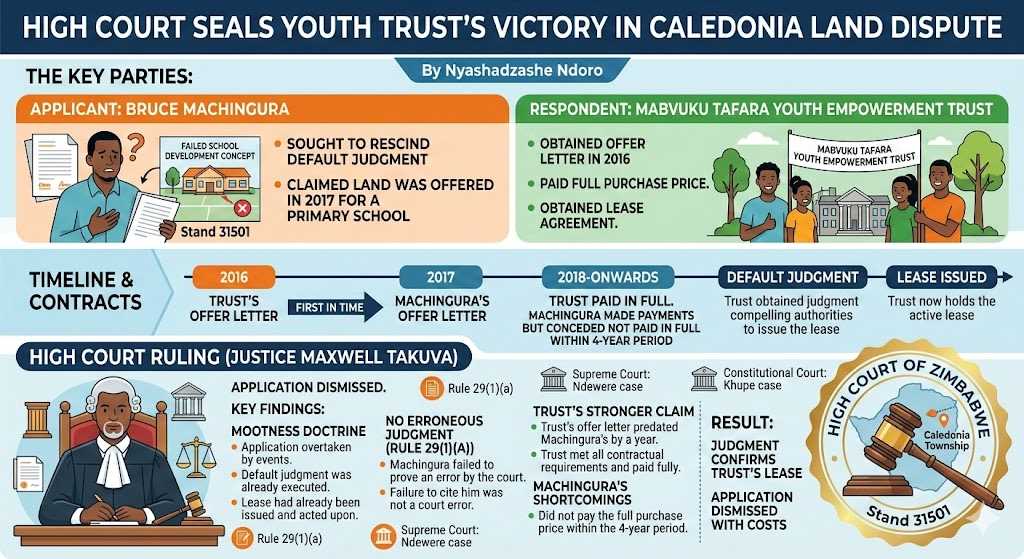
CGTN- The second season of a Chinese drama series, Incredible Odyssey, has been unveiled. The series contrasts accusations from other countries with the lived realities of Xinjiang residents. While headlines from Western media often portray the region as a place of "total control," the series introduces voices of faith leaders, families, and women whose stories offer another perspective.
A mosque of memory and resilience
In Kashi city stands the Id Kah Mosque, built in 1442 and still the largest in Xinjiang. Today, it is both a place of worship and a tourist site. Its Imam, Memet Juma, carries a painful memory—his father, also an Imam, was murdered by extremists right outside the mosque gates.
"They didn't just kill him. They used brutal weapons like axes and knives," Memet recalls. His father was 76, frail yet steadfast. The brutality, he says, revealed the inhumanity of terrorism, separatism, and extremism—the "three forces" that once cast a shadow over Xinjiang.
For Memet, the distinction is vital: the government's campaign is against terrorism, not against Uygurs or Muslims. "Islam teaches harmony, unity, neutrality, and tolerance," he explains, arguing killing in the name of faith is a betrayal of it.
Despite the trauma, Memet chose to follow his father's path. Today his children—one a soldier, one a doctor, and one still in school—reflect new opportunities. Healthcare is affordable, even free in some rural areas, a change he credits to supportive policies. Above all, he values the right to choose. “He has never imposed his will on us,” his daughter says, and “they are free to decide their own paths,” says Memet.
Women carving the future
Related Stories
Another story unfolds in Kashi's bustling streets. Dancer Dilnigar Qahar has spent over a decade with the city's song and dance troupe, performing daily at cultural ceremonies. Her passion was nurtured by a mother who raised three daughters alone after her husband's early death.
Her mother's story is one of perseverance. For 28 years, she has run a clothing business, often through hardship. She recalls missing a train one freezing day and breaking down in tears before picking up her goods and pushing forward. Now her shop thrives, boosted by tourism, easy access to bank loans, and online sales to over 15,000 followers. At home, she was both mother and father, changing lightbulbs herself and shielding her daughters from sadness. She bought them more when others had less and defended them fiercely when they faltered.
“My daughter just needs to be happy,” she once said after her daughter’s classmates mocked a poor exam score. Today the family lives comfortably, with their own cars, houses, and a flourishing business. When asked about marriage, her answer is simple: “They can marry whoever they like, as long as they like him.
Freedom to choose
These lives are shaped by struggle but defined by choice. Memet honors his father's legacy while his children walk their own paths. Dilnigar's mother built independence and gave her daughters the freedom to decide their futures.
Their voices challenge depictions of Xinjiang as a place without agency. Instead, they speak of dignity, stability, and opportunity. The episode closes with images of women singing and dancing, working with their hands to build better lives.
Here, the narrator concludes, "Here, they have the freedom to choose their own path and the environment to make it happen."
Incredible Odyssey Season 2 does not deny the region's struggles, but it reveals the humanity behind the headlines: faith that endures, women who thrive, and families who embrace the right to shape their destinies.




















Leave Comments